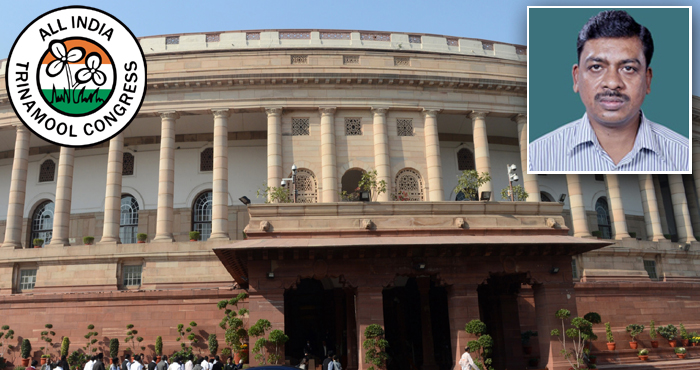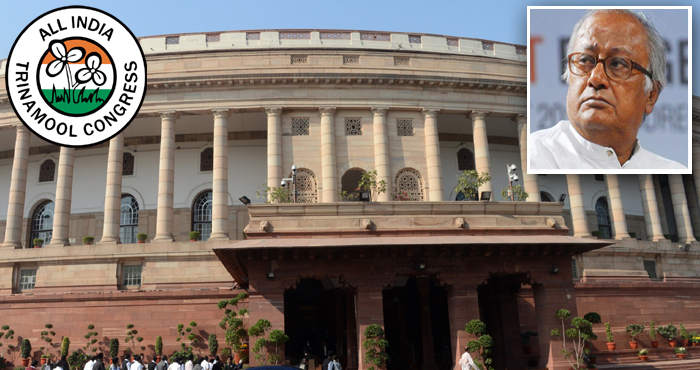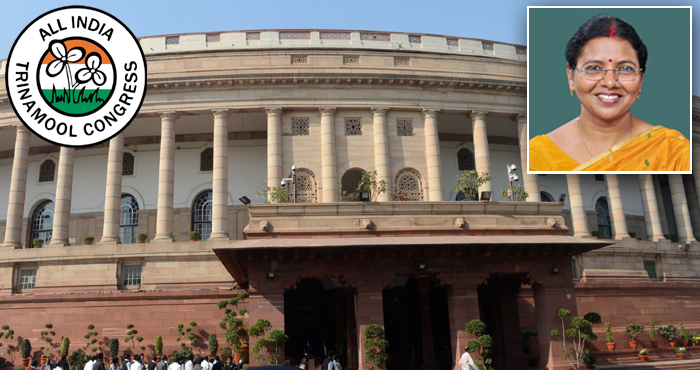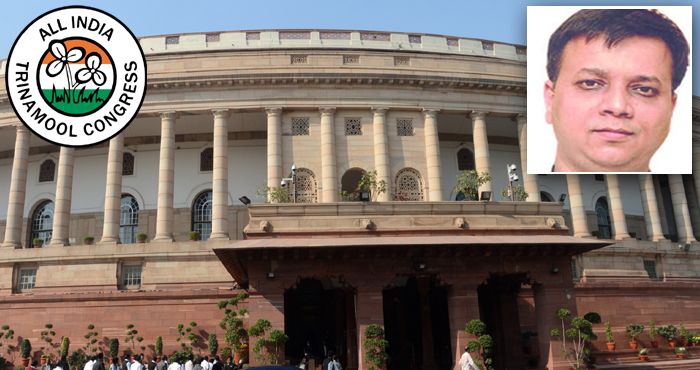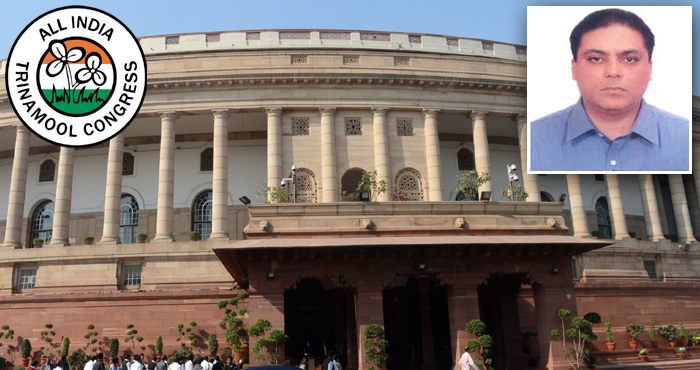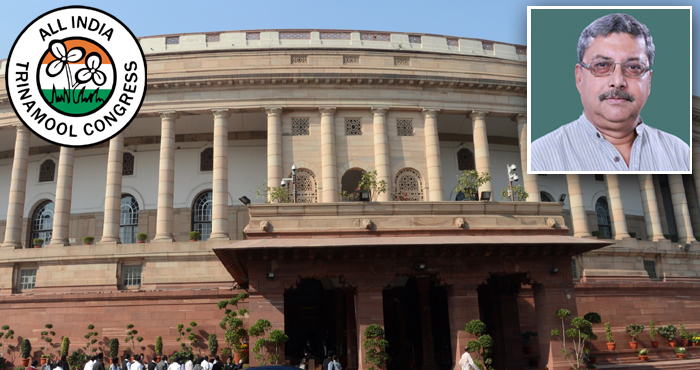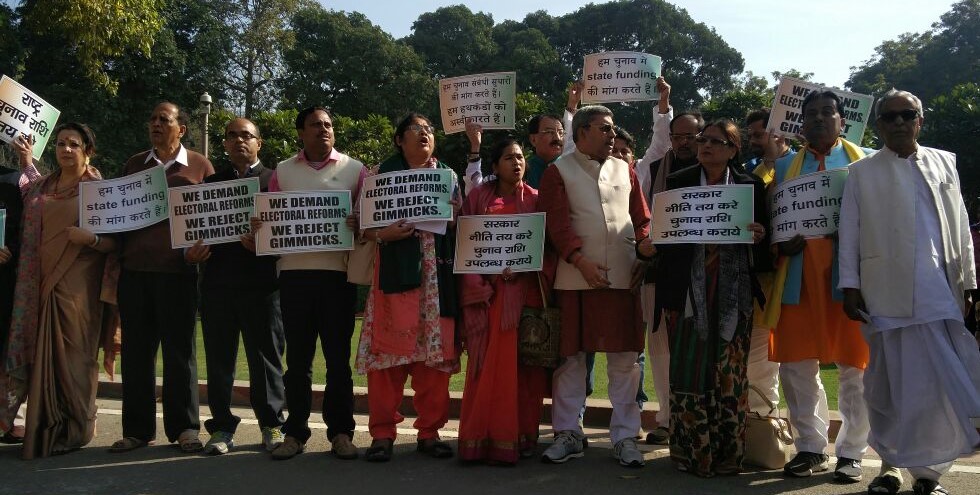FULL TRANSCRIPT
Madam Speaker thank you for allowing me to raise the points on Demands for Grants 2017-18 for the Ministry of Agriculture.
Agriculture continues to be backbone of the economy. It employs 56% of the workforce.
The total share of agriculture and allied sectors in terms of GDP is 13.9%.
Over 58% of the rural households depend on the agriculture as their principal means of livelihood.
India’s GDP is expected to grow at 7.1% in the financial year of the 2016-17 while agriculture GDP is expected to grow at 4.1%.
India is the largest producer, consumer and exporter of spice products.
India’s fruit production has grown faster than vegetables making in the second largest fruit producer in the world.
The agro-industry in India is divided into several sub segments such as canned, dairy and frozen fruits to fisheries, meat, poultry and grains.
But there are some other points:
- 70% of the farmers never heard about the direct cash transfer.
- Only 27% have heard about land acquisition law.
- 83% of the farmers are clueless about the foreign direct investment.
- 70% of the farmers never contacted any Kisan Call Centres.
Demonetisation affected the farmers adversely. What steps taken by the government given importance to the agriculture sector? What are the benefits and what is the road map of the agriculture sector? The economy contribution of agriculture to India’s GDP is steadily declining with the country’s broad based economic growth. Still agriculture is demographically the broadest economic sector and plays a significant role in the human and socio-economic fabric of India. Slow agricultural growth is a concern for policy makers as some two third of India’s population depend on rural employment for a living.
Current agricultural practices are neither economically nor environmentally sustainable and India’s yields for many agricultural commodities are low. Poorly maintained irrigation systems and almost universal lack of good extensional services are among the factors responsible. Farmers’ access to markets is hampered by poor roads, rudimentary marketing infrastructure and excessive regulation.
It will be essential for India to build up productive, competitive and diversified agricultural sector and facilitate rural non-farming entrepreneurship and employment. Encouraging policies that promote competitions in agricultural marketing will ensure farmers receive better prices. Although India has attained self sufficiency in food staples the productivity of its farm is below that of Brazil, United States, France and many other even developing countries.
Indian wheat farms, for example, produce about 1/3 of the width per hectare per year compared to farms in France. Rice productivity in India was less than that of China. Other staple crops’ productivity in India is similarly low. Indian Total Factor Productivity growth remains below 2% p.a.; in contrast, China’s Total Factor Productivity growth is above 6% p.a, even though China also has small holding farmers. Several studies suggest that India could eradicate its hunger and malnutrition to become a major source of food for the world by achieving productivity comparable to other countries.
Regarding farmers suicide, in 2012 the National Crimes Record Bureau of India reported 13,754 farmers committed suicide. Farmer suicides account for 11.2% of all suicides in India. Activists and scholars have offered a number of conflicting reasons for farmer suicides such as monsoon failure, high debt burdens, genetically modified crops, government policies, public mental health, personal issues and family problems. But we are going through a heavy agrarian crisis of Indian agriculture.
Indian agriculture is undergoing a structural change leading to a crisis situation. The rate of growth of agriculture output is gradually declining in the recent years. The contribution of agriculture to GDP comes down to less than half within the third years span. The deceleration of agriculture started from the early 1990s and it became sharp from the late 1990s.
The trend in the areas input use and capital stock and technology also reflect the agricultural downfall. All these trends show that the agricultural sector in India is facing a crisis today. It is alarming that the average monthly income of farmer houses is quite less considering minimum living standards. The suicide in farming and the agricultural sector in India is a matter of concern.
About 40 % of the farming community is on the verge of leaving agriculture as their profession due to huge loss in farming practices. The young generation is not interested in farming any more; it is said that the root cause of the crisis is that agriculture is no more a profitable economic activity when compared to the other enterprises. It means the economic activities derived from these activities not sufficient enough to meet the expenditures of the cultivators and therefore unless agriculture is made a profitable enterprise the present crisis cannot be solved.
The related factors responsible for the crisis include dependence on rainfall and climate, liberal import of agricultural products, reduction in agricultural subsidies, lack of ease credit to agricultural dependence on money lenders, decline of government investment in agricultural sectors and conversion of agricultural land into alternative uses.
The government invokes the name of Ambedkar all the time but does nothing for the people of Ambedkar; please allocate proportionate part to agriculture following SC/ST sub plan not through SC/ST welfare schemes.
The government talks of giving emphasis on looking towards Eastern India but what has the government given Eastern India, specially West Bengal, which is the gateway of Eastern India?
We have a legitimate demand for setting up of a Central Agricultural University in West Bengal. West Bengal is playing a leading role in the country in agriculture and horticulture sector. In spite of that, West Bengal is deprived from getting Central Agricultural University. Central Horticulture University is also a demand from the Government. In Horticulture, West Bengal Government is much ahead of other states. As compared to other major states, West Bengal has very few ICR Research Institutes. We need more institutes, sub-centres, like, CRIDA, IIHR, IIVR, RRI etc. in the state of West Bengal. I hope that the Minister will consider these aspects in his next Budget.
This government talks of Sabka Saath Sabka Vikash, but is depriving West Bengal. We need more funds to be allocated for the development of agriculture in the state of West Bengal.
There is a saying in Bengali: “Ghoray Choriya Moddo Hantiya Cholilo” meaning a very dangerous man is riding on the horse gently. The actions of this government, which has a huge mandate, reminds us of that saying.
In the end, I would like to add that West Bengal is an example for the rest of the country to follow regarding implementing crop insurance scheme. Thank You.

